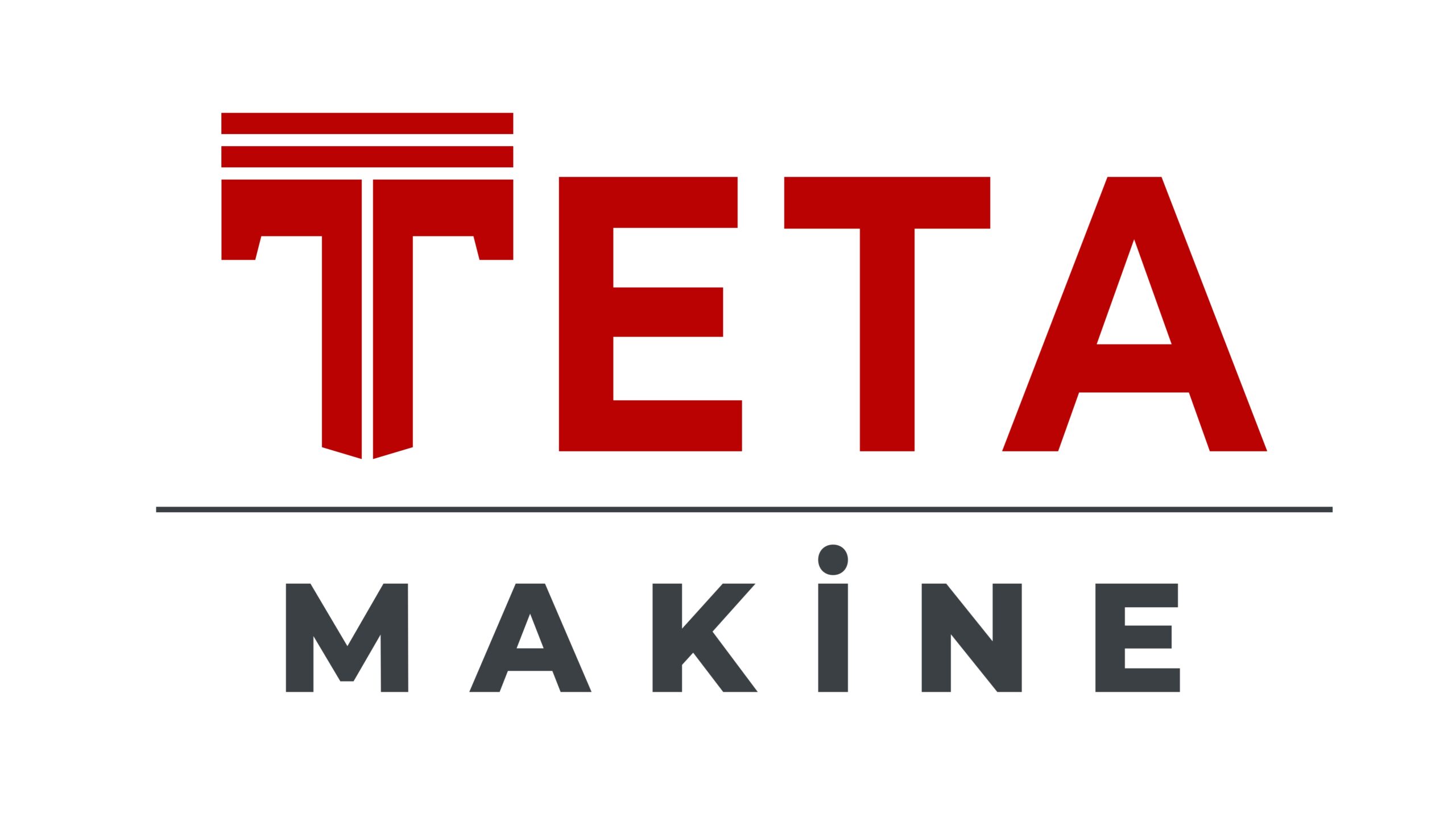A policy that spells out what to do with all the files helps management and the Board run the organization smoother. Document retention policies are a necessary part of nonprofit management, but not everyone knows what to include or how to go about file storage. Jacob manages a variety of accounting, audit, review, and compilation engagements for the firm’s Columbus, Ohio, clients in numerous industries, including Nonprofit, Retail, Construction, and Auto Dealers. He has an extensive background in auditing nonprofit organizations, as well as experience in auditing employee benefit plans.
What Does It Mean for a Nonprofit to Lose Tax-Exempt Status?
- A 501c3 nonprofit organization must appropriately track the revenues and expenses subject to UBIT so that it can prepare its UBIT return on Form 990-T, Exempt Organization Income Tax Return.
- If a nonprofit cannot provide accurate records or demonstrate sound financial management practices, it may find itself at a disadvantage compared to competitors who have their documentation in order.
- If the organization wants to keep its records outside of Canada, then it can only do so with written permission of CRA.
- This could involve using locked filing cabinets or safes for sensitive paperwork such as tax returns or donor information.
- As you can easily see, recordkeeping cannot be an afterthought for your nonprofit.
They do not purport to reflect or imply the opinions or views of Blue Avocado, its publisher, or affiliated organizations. Blue Avocado, its publisher, and affiliated organizations are not liable for website visitors’ use of the content on Blue Avocado nor for visitors’ decisions about using the Blue Avocado website. Other record retention periods vary depending on the type of record or return.
What are financial records for nonprofits?
When stakeholders can see how funds are being utilized and the impact they are making, it builds trust and encourages further investment in the nonprofit’s initiatives. Thus, the importance of financial records extends beyond mere compliance; they are integral to fostering transparency and ensuring the long-term sustainability of nonprofit organizations. There are two types of accounting methods that nonprofit organizations can choose to follow. They must be followed strictly and this includes all reporting and filing rules. The first tax return decides the method that the organization will use to calculate its financial health. Unfortunately, there is no regulation or guideline for document retention that covers all nonprofits, and we hesitate to provide a template.
A Guide to 501(c)( Responsibilities in Recordkeeping/Reporting
After getting an address or name change from the EO Determinations office, a nonprofit should ask for an updated tax exemption notice. However, if the name of the organization has changed, then they should be issued a new determination letter. accounting services for nonprofit organizations As you can easily see, recordkeeping cannot be an afterthought for your nonprofit. Accurate records of donor activity makes is much easier to solicit future contributions from your supporters.
Canada Revenue Agency (CRA)
If you don’t keep on top of completing recordkeeping tasks, things can get out of hand in a hurry. Although meetings are not high on anyone’s wish list, it is crucial to have regular meetings regarding finances to reconcile any discrepancies. Donors are privy to viewing financial and end-of-year reports that show how monies coming into the nonprofit were spent. Accurate recordkeeping assures the donor that they can confidently give to your nonprofit and goes a long way towards retaining those donors. Nonprofit organizations strive to have funds coming into their organization go directly towards their cause. By maintaining a high standard with records, a nonprofit can ensure that it will move towards its goals.
